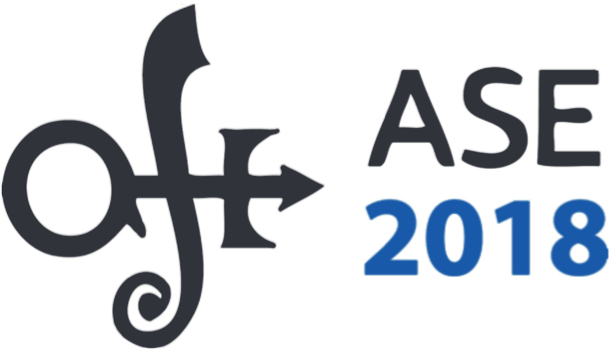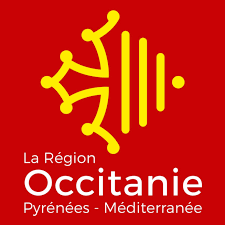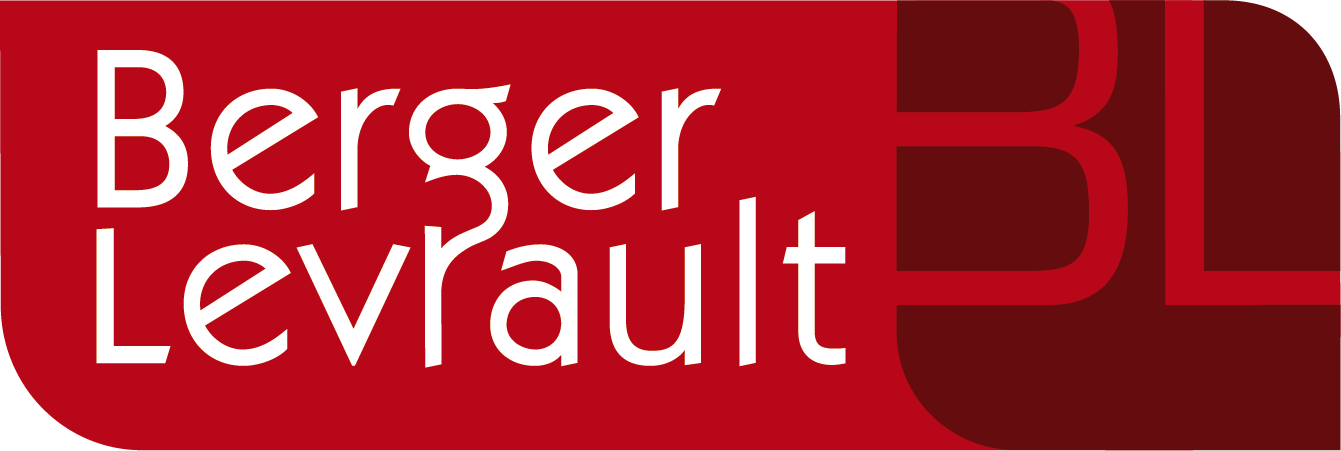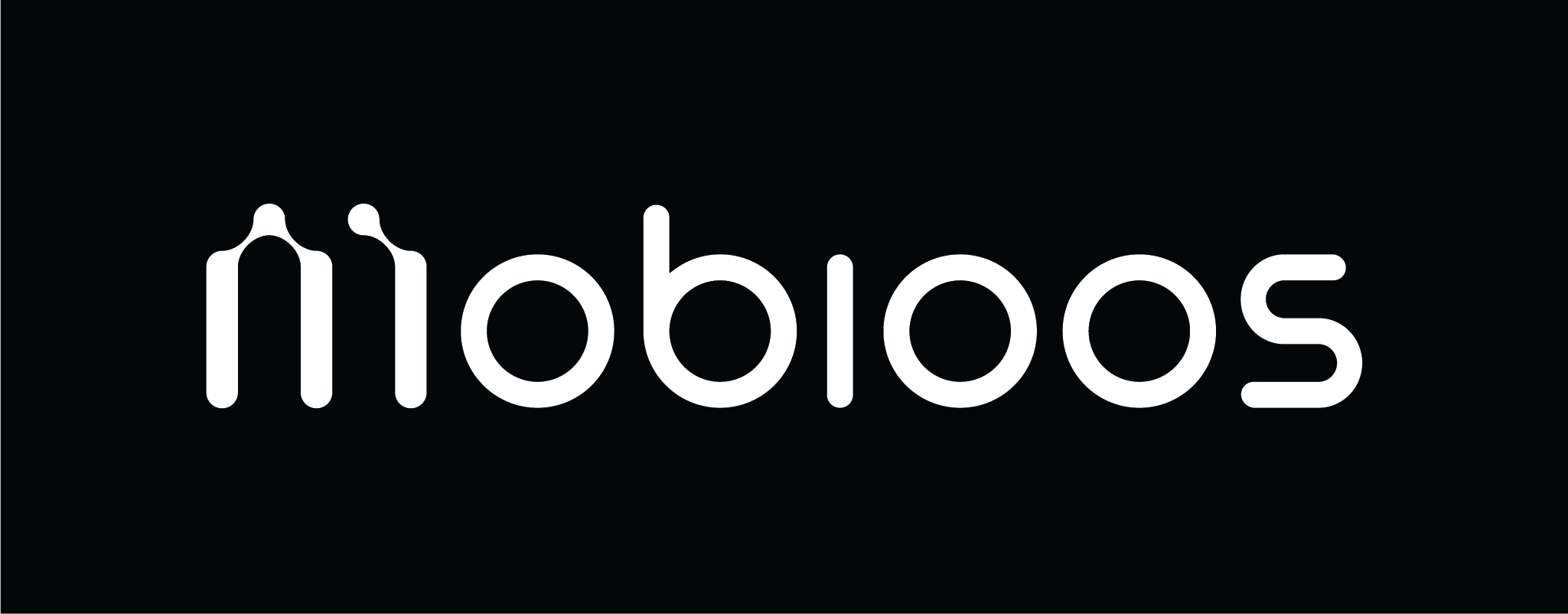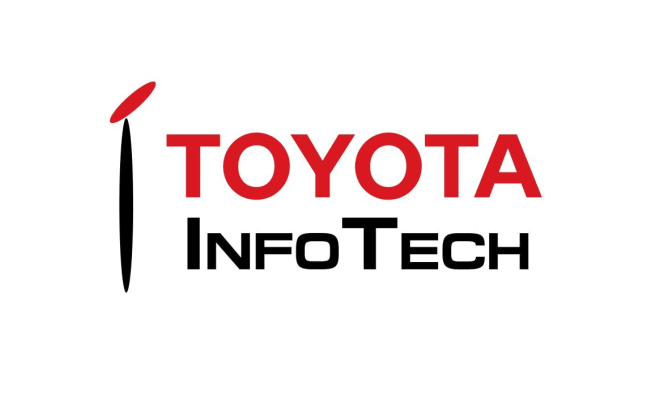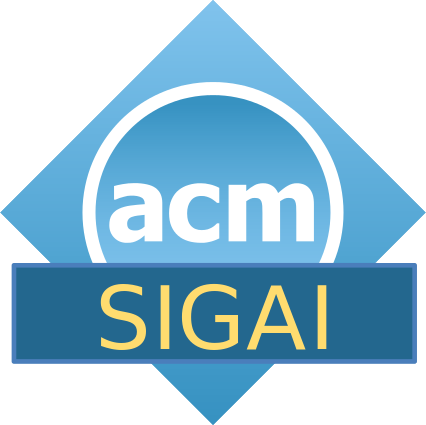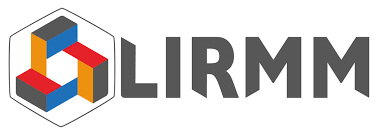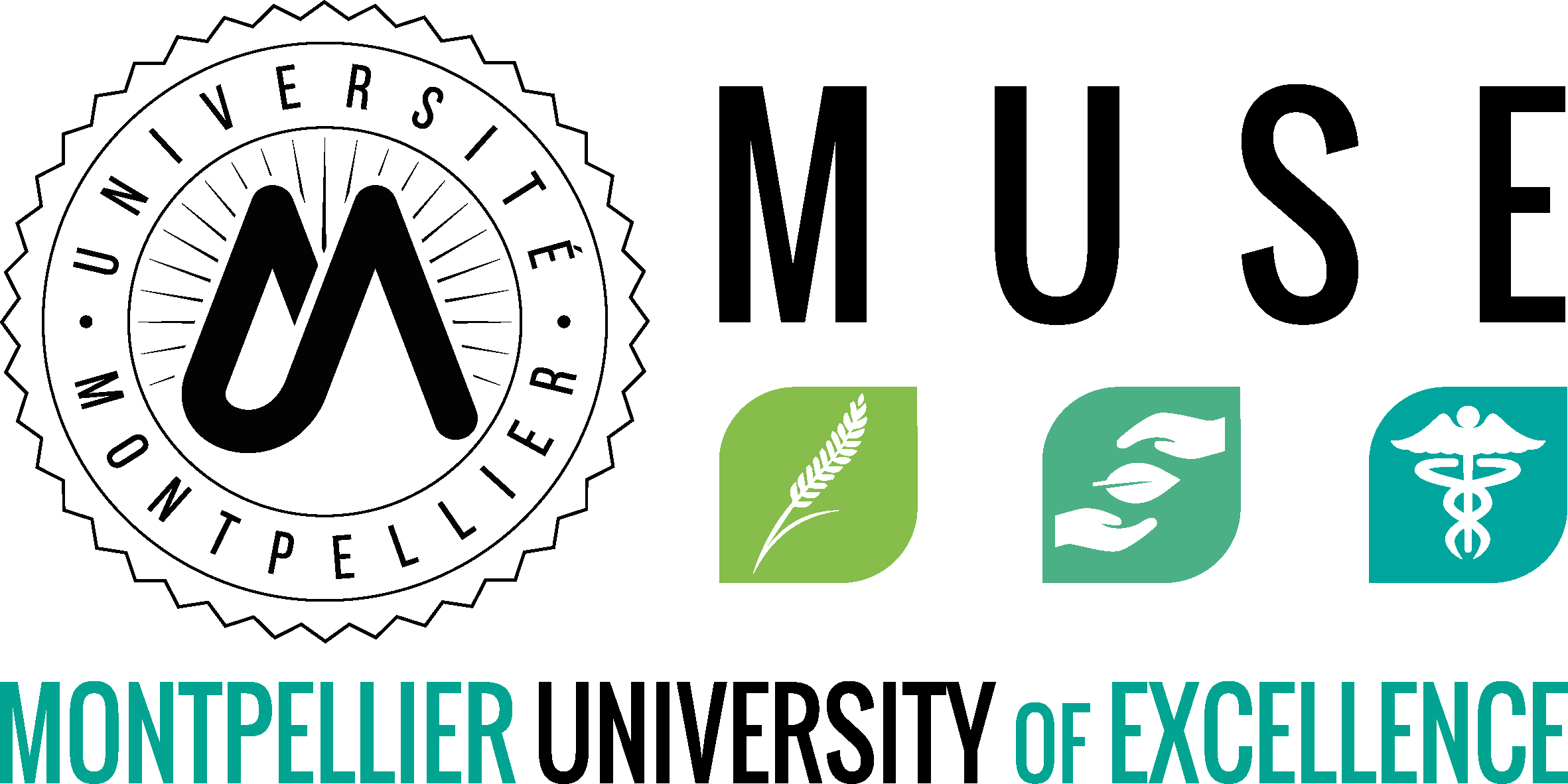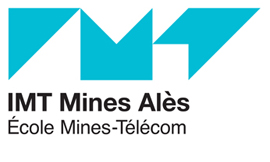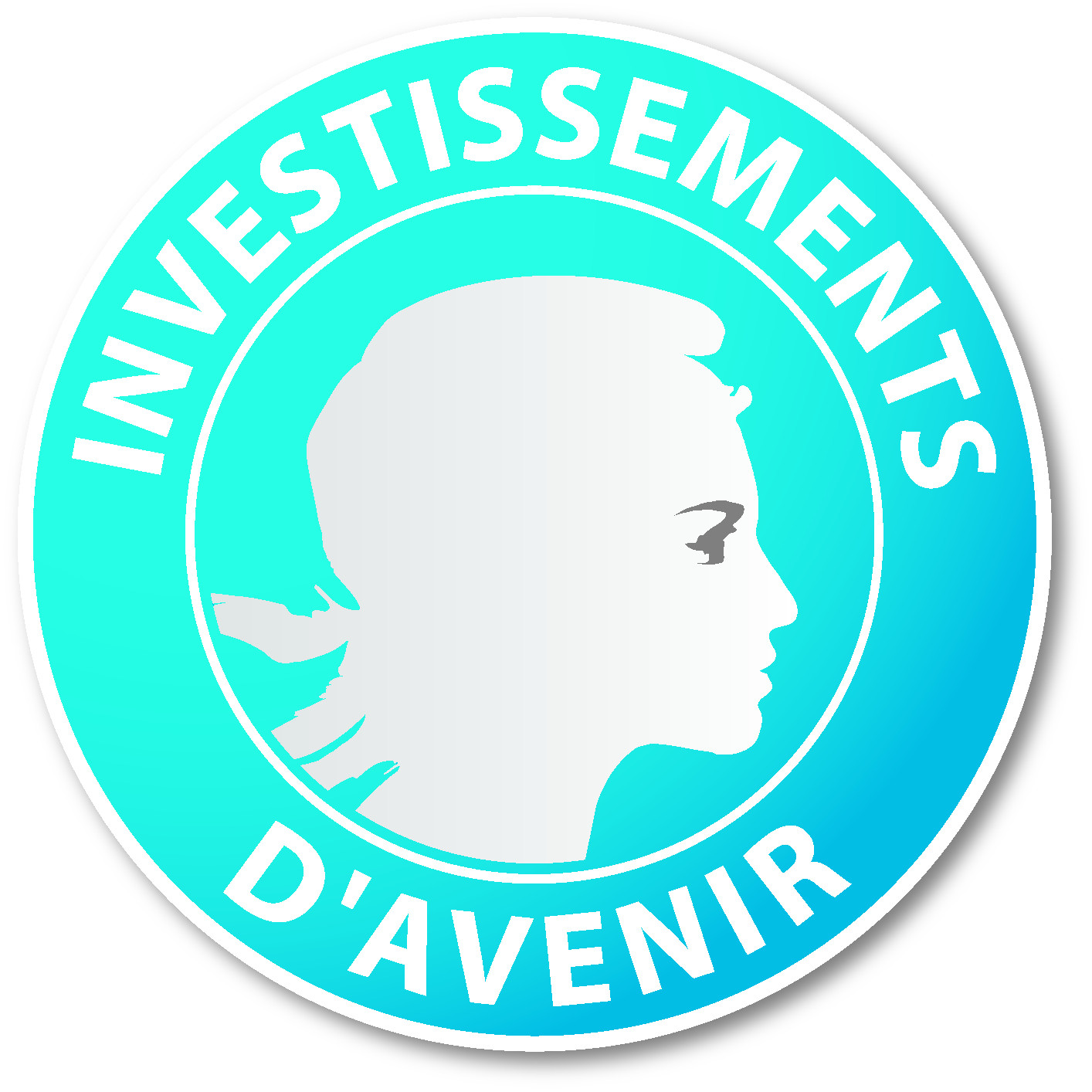Major breakthroughs in Artificial Intelligence (AI) have raised strong interests from research and industry towards Machine Learning (ML), the discipline of AI that aims at building software that automatically learns from data. As a result, ML systems increasingly gain popularity and will soon proliferate in a broad range of domains. However, they also raise many questions, in particular regarding their reliable engineering. Conversely, recent advances in Software Engineering (SE) themselves rely on ML. Several software development activities can thus now benefit from AI-based assistance and we expect many more in the coming years.
This workshop aims at bringing together the SE and ML communities to reflect on the potential symbioses between their respective disciplines. As such, it targets innovative ML applications improve SE practices, as well as new engineering methods for ML-based systems.
- Gilles Perrouin, Faculty of Computer Science, University of Namur, Belgium
- Maxime Cordy, Namur and SnT, University of Luxembourg, Luxembourg
- Mathieu Acher, IRISA, University of Rennes I, France
- Xavier Devroey, SERG, Delft University of Technology, The Netherlands
The Seventh International Workshop on Software Mining aims to bridge research in the data mining community and software engineering community by providing an open and interactive forum for researchers who are interested in software mining to discuss the methodologies and technical foundations of software mining, approaches and techniques for mining various types of software-related data, and applications of data mining to facilitate specialized tasks in software engineering. Participants of diverse background in either data mining or software engineering can benefit from this workshop by sharing their expertise, exchanging ideas, and discussing new research results.
Authors who are interested in software mining are invited to submit their manuscripts related to all aspects of software mining, including software mining foundations, mining specific software data, software mining in specialized tasks, etc.
- David Lo, School of Information Systems, Singapore Management University, Singapore
- Ming Li, Department of Computer Science and Technology, Nanjing University, China
- Xiaoyin Wang, Department of Computer Science, University of Texas at San Antonio, USA
The international workshop on advances in mobile app analysis (A-Mobile) aims at bringing together international researchers and practitioners in the field of mobile app analysis to present and discuss emerging advanced techniques. To this end, we will welcome original articles on every aspect related to mobile apps analysis such as static and dynamic analysis.
- Li Li, Monash University, Australia
- Guozhu Meng, Institute of Information Engineering, Chinese Academy of Sciences, China
- Jacques Klein, SnT, University of Luxembourg, Luxembourg
- Sam Malek, School of Information and CS, University of California, Irvine, USA
Successful software products evolve through a process of continuous changes as bugs are fixed, new features added, and quality issues addressed. Refactoring supports the volatile software lifecycle by providing better ways to reduce and manage the growing complexity of software systems while improving developer productivity. Refactoring can be performed at all levels from requirement specification down to source code level, and, in essence, involves improving the internal structure of a software artefact without altering its functionality. In spite of the popularity of refactoring both in practice and as a research topic, many open questions remain, particularly in terms of understanding how refactoring is performed, measuring the impact of refactoring, and improving tool support in all areas of refactoring.
The goal of the 2nd International Workshop on Refactoring (IWoR 2018) is to provide an informal interactive forum for researchers and practitioners to exchange ideas and experiences, streamline and foster research on software refactoring, identify some common ground of their work, share lessons and challenges, thereby articulating a vision for the future of software refactoring.
- Ali Ouni, ETS Montreal, Canada
- Marouane Kessentini, University of Michigan, USA
- Mel O Cinneide, University College Dublin, Ireland
